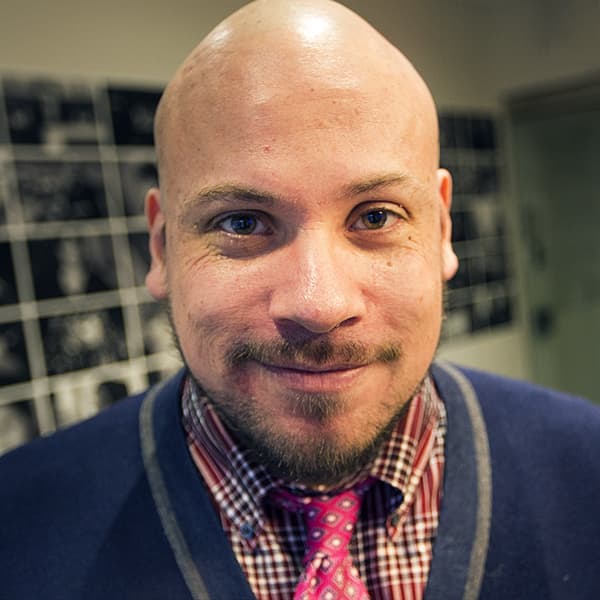Advertisement
Review
Williamstown Theatre Takes A Hilarious Trip To 'Moscow' That Loves Chekhov — Or Maybe Hates Him
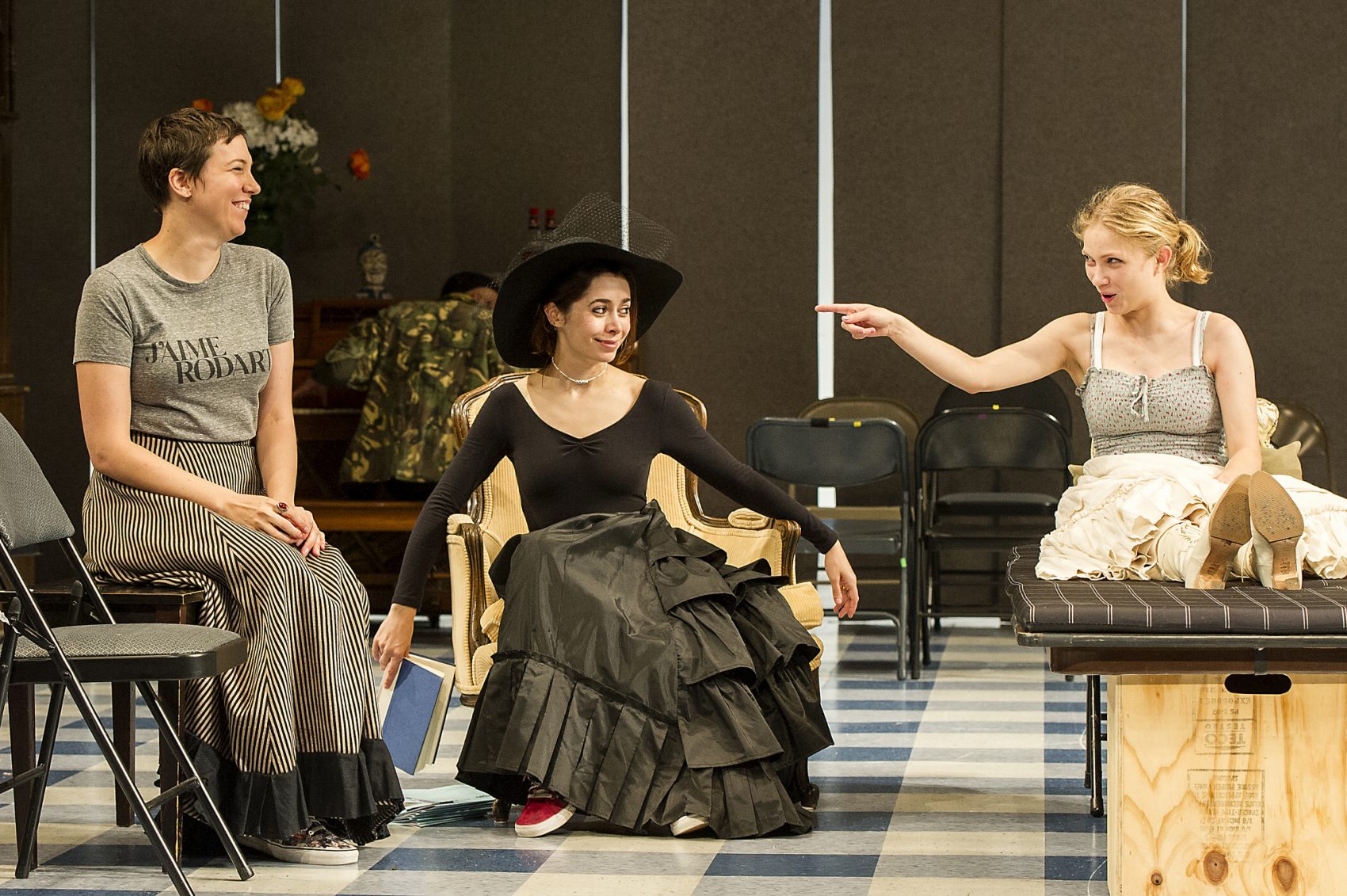
There’s a certain way you can talk about your friends and loved ones when there are no outsiders around. Within the privacy of a close relationship, the shared respect and love goes unspoken. So you can let the niceties drop and just get to it. When we’re all friends here, you have permission to be unfriendly.
That’s the sort of relationship on display, among various combinations of characters, in Halley Feiffer’s “Moscow Moscow Moscow Moscow Moscow Moscow,” a free adaptation of Anton Chekhov’s classic of rural angst and ennui, “Three Sisters.” It also seems to be the relationship between this world premiere (a commission by Williamstown Theatre Festival, where it plays until Aug. 6) and its source material. Feiffer professes her love for Chekhov in program notes, but this is not so much an adaptation of “Three Sisters” as a parody, albeit one delivered lovingly.
Projected scene details inform us that the setting is indeed the Russian countryside at the turn of the 20th century, but the dialogue is aggressively contemporary: all “Hi, bitches!” and F-bombs and overuse of the word literally. The effect is to lay bare some of the stuffy theatrical conventions Chekhov leaned on. In one of the play’s many meta-theatrical giggles, one character cuts off another’s expository speech by saying: “You don’t need to give me the backstory. I’m friends with you guys.” But amid all the making-fun, it would be easy enough to hear this play as an indictment of Chekhov rather than a celebration. We’re all friends here ... or are we?
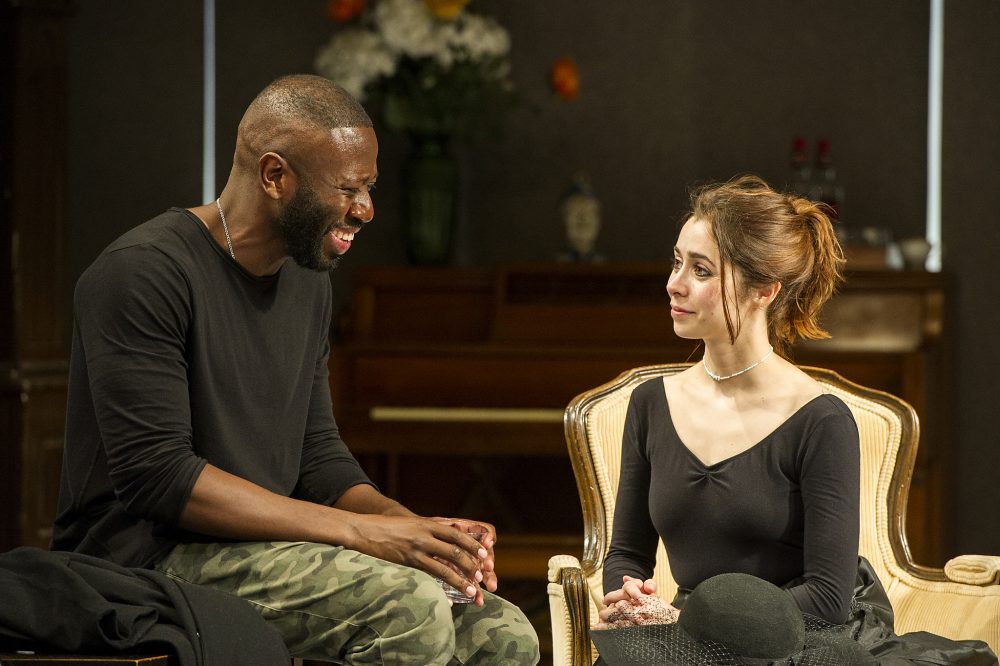
If you buy into Feiffer’s concept, this fast-paced, giddy production offers several laughs a minute. If you don’t, you’ll quickly take to pondering the existential quandary constantly posed and re-posed by these prematurely life-weary bourgeoisie: What’s the point of it all?
The story is pretty simple: three sisters and their brother sit around their country home, bemoaning the loss of their parents and forever longing to return to Moscow, the setting of their happier childhood memories. Feiffer underlines the notion that the urban relocation they pine for isn’t really a solution, but rather a stand-in for any lingering fantasy of escape from the stark realities of existence. The sisters may sigh continually for Moscow, but we know its promise is just one more illusion waiting to be exposed.
Busy director Trip Cullman, who made his Broadway debut last season with a revival of “Six Degrees of Separation” and won an Obie Award in 2015 for his direction of “Punk Rock,” does excellent work here with a cast that proves almost universally impressive. The 12-person ensemble skews young, a casting move that keeps the contemporary lingo from sounding awkward in their mouths. It also collapses the generational differences among the unhappy Prozorov family and the many hangers-on who haunt their estate into a case of the olds versus the youngs.
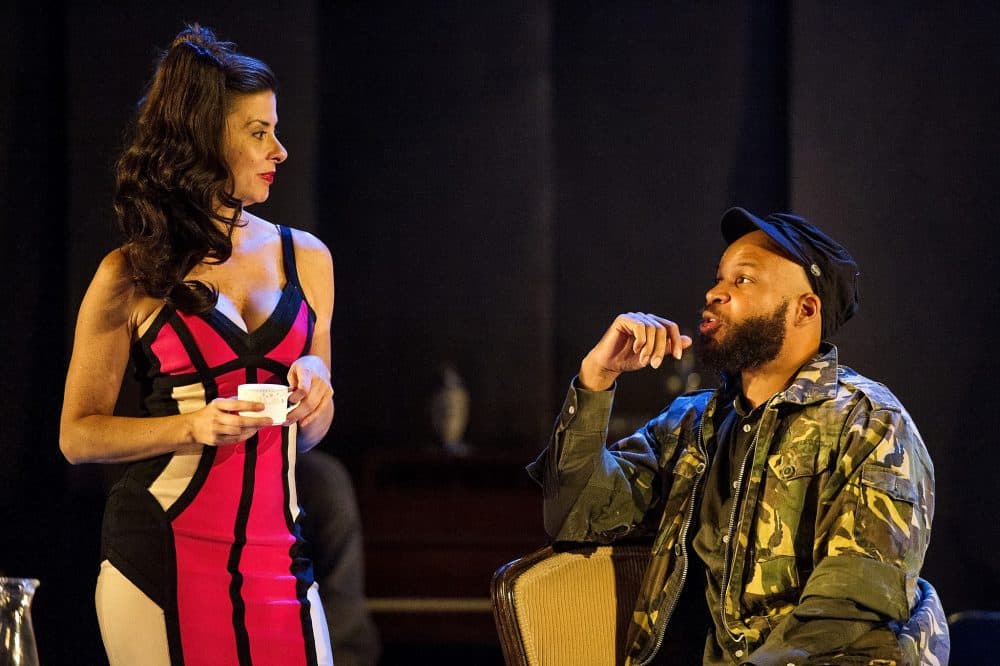
Included in the outnumbered former category is the fading military doctor Chebutykin, played by Harvy Blanks, who delivers some sorely needed gravitas in an essentially straight-ahead take on the character.
Among the younger generation, who have inherited the world but find little use for it, Cristin Milioti (“Once,” “How I Met Your Mother,” “The Wolf of Wall Street”) is outstanding as Masha, the middle sister who rues her too-early marriage to a boorish schoolteacher. Milioti does inventive comic work here, wringing belly laughs from seemingly throwaway lines while winningly reaching for bigger gestures, like going stiff as a board and slipping to the ground when Masha’s husband tries to embrace her. Milioti’s performance is just about reason enough to see this show.
Rebecca Henderson delivers Olga’s self-deprecating rants with a rat-a-tat ferocity that reads as a form of armor the oldest sister uses to protect herself from her gnawing disappointment at slowly turning into a spinster. But as the beautiful youngest sister Irina, Tavi Gevinson never suggests the character is more than a petulant princess, and Irina’s whining quickly grates.
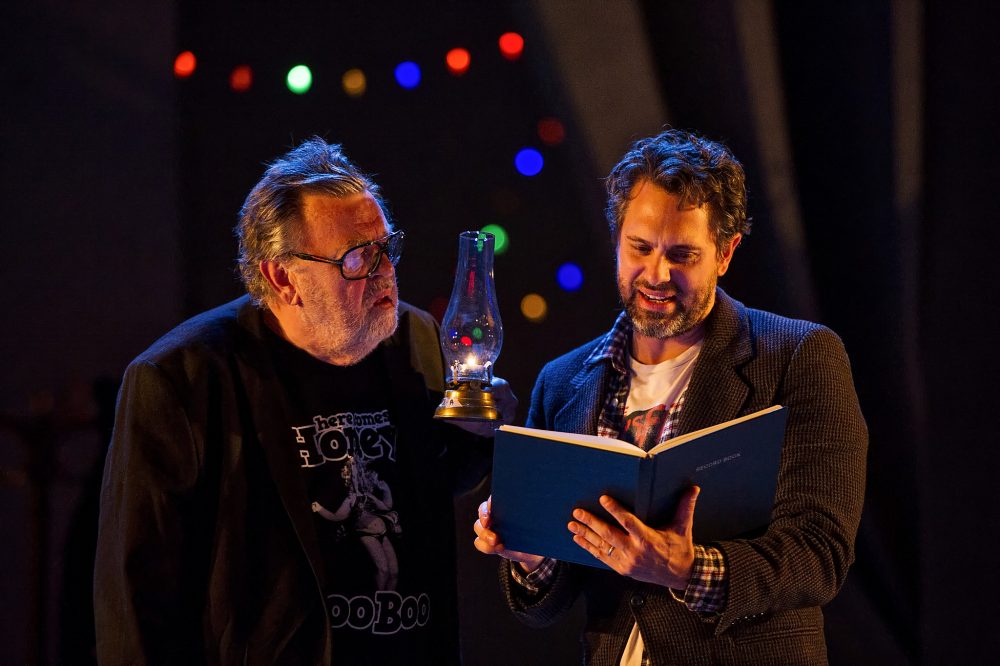
There’s more to enjoy here. Thomas Sadoski is a comically overwhelmed Andrey, matrimonially matched with Jeanine Serralles’ scheming Natasha. Micah Stock brings surprising depth (in this context) to the Baron, a mid-level soldier harboring feelings for Irina. In a wrenching late scene between the two, the actors prove that there is indeed emotional depth beneath all the surface-level satire. Indeed, if this production succeeds, it’s because of the dramatic balance struck between a script that constantly winks at the audience and actors who never do.
This play is just the latest in the contemporary vogue for re-imagined Chekhov. Christopher Durang’s “Vanya and Sonia and Masha and Spike” and Aaron Posner’s “Stupid F------ Bird” probably lead the field, but you can seek out even-more-experimental takes like the deadpan spin on “The Seagull” by Tina Satter’s Half Straddle company, or a recent twist on “Uncle Vanya” by the Brooklyn troupe New Saloon called “Minor Character,” which foregrounds the essential notion that different theatrical voices can speak the same text differently.
This production is essentially the polar opposite of the meticulously faithful, Russian-language performance of "Three Sisters" by Maly Drama Theatre of St. Petersburg that ArtsEmerson brought to town last year. Each view has its value. I am all for creative re-interpretation of the classics. Set “Three Sisters” on the moon or give Hamlet fins and put him underwater — if it’s in service of a comment on the play, or a way to tease out overlooked meanings. So to what ends do Feiffer, Cullman and company offer this particular gloss on Chekhov?
By hanging a blinking neon light on the characters’ shiftlessness and privilege, the production flattens rather than enriches the original material’s perspective on human nature. Rather than Shakespearean psychodrama, this is more like a nighttime teen soap — “Gossip Girl,” say, with long Russian names. Some of the gags undermine rather than enhance the text. It’s kind of funny, I suppose, to see the Baron as a closeted gay man (it helps explain his casual, catty rapport with the sisters in their most intimate moments), but then his affection for Irina is played as fully genuine and intended to be heartbreaking. So ... why?
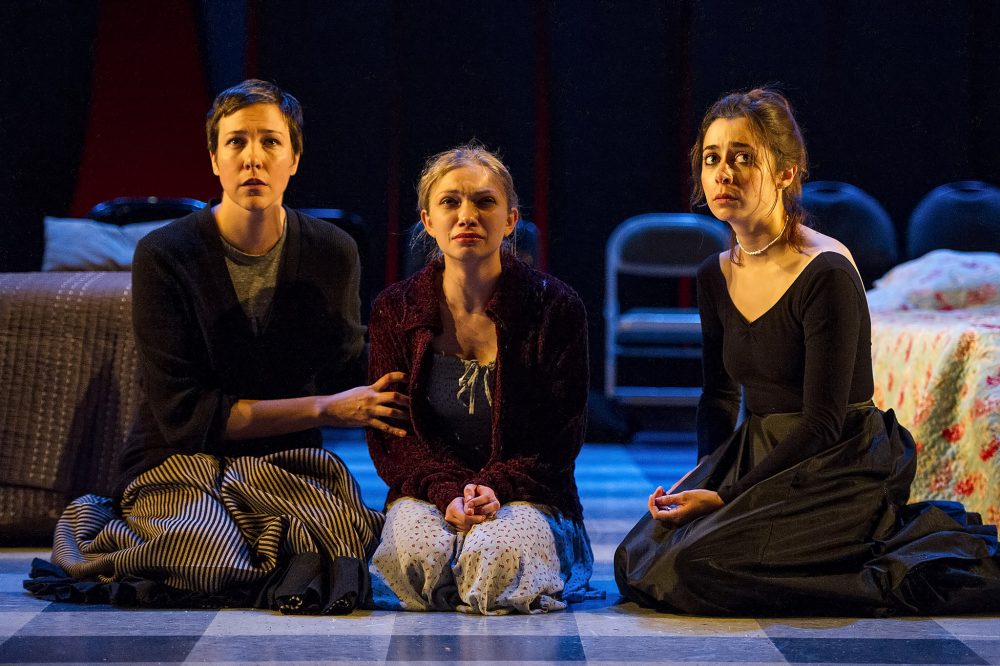
It all leaves me wondering who the intended audience is. Those coming to “Moscow” from a love of Chekhov will find that much they prize, like his richness of language and the carefully detailed interior lives of his characters, is absent. And those arriving at the production as newcomers to the Russian playwright are unlikely to take this adaptation as encouragement to seek out the original. If anything, it lands like a warning.
But along the way, its crass anachronisms sure are funny. Perhaps the play’s essential gesture is in fact determined by the makeup of its audience. “Moscow” thoroughly skewers Chekhov, or perhaps it celebrates him. It depends on whether we’re all, indeed, friends here.
